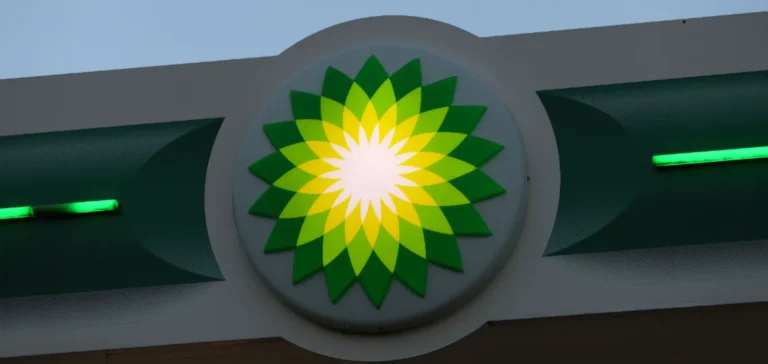British oil company BP announced it now expects global oil demand to peak in 2030, instead of 2025 as stated in its previous year’s report. The revision is based on an updated assessment of global energy trends, marked by stagnating improvements in energy efficiency.
According to the “Current Trajectory” scenario in the Energy Outlook 2025 report, oil demand would reach 103.4 million barrels per day by 2030 before declining to 83 million barrels per day by 2050. The previous estimate projected a peak at 102 million barrels per day by 2025. BP attributes this shift to slower adoption of global efficiency measures.
Contrasting outlooks depending on scenarios
The report also presents an alternative “Below 2 Degrees” scenario, which assumes a 90% reduction in carbon emissions by 2050 compared to 2023 levels. In this case, oil demand would peak this year at 102.2 million barrels per day before falling sharply to 33.8 million barrels per day by 2050.
Carbon dioxide emissions remain broadly flat through 2030 in the main scenario, then fall by around 25% by 2050. In the more ambitious scenario, the decline is mainly driven by emerging economies.
Sustained growth in natural gas demand
Global demand for natural gas is expected to grow by around 17% by 2040, reaching 4,800 billion cubic metres, supported by China, India and several countries in Asia and the Middle East. This level would then remain stable through 2050. The European Union is projected to stabilise its imports of Russian gas at 15 billion cubic metres, down 50% from current levels.
Global liquefied natural gas (LNG) exports, which BP uses as an indicator of overall demand, are expected to reach around 900 billion cubic metres by 2035. More than half of this output would come from the United States and the Middle East.
Electricity and renewables: steady expansion
Global electricity consumption is set to rise by 40% over the next decade, mainly driven by China and India. According to the report, overall demand would exceed 40,000 terawatt hours in the baseline scenario, reflecting the growing energy needs of economic expansion and digital technologies such as artificial intelligence.
Renewable sources are expected to surpass coal’s share in the global energy mix by 2040, according to modelled trends. However, the report does not specify volumes or regional distribution.






















